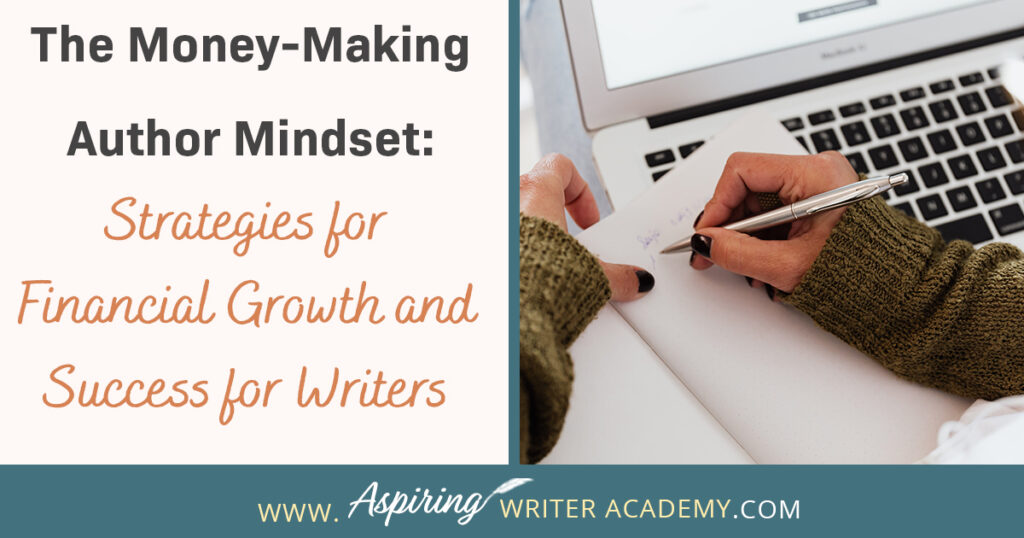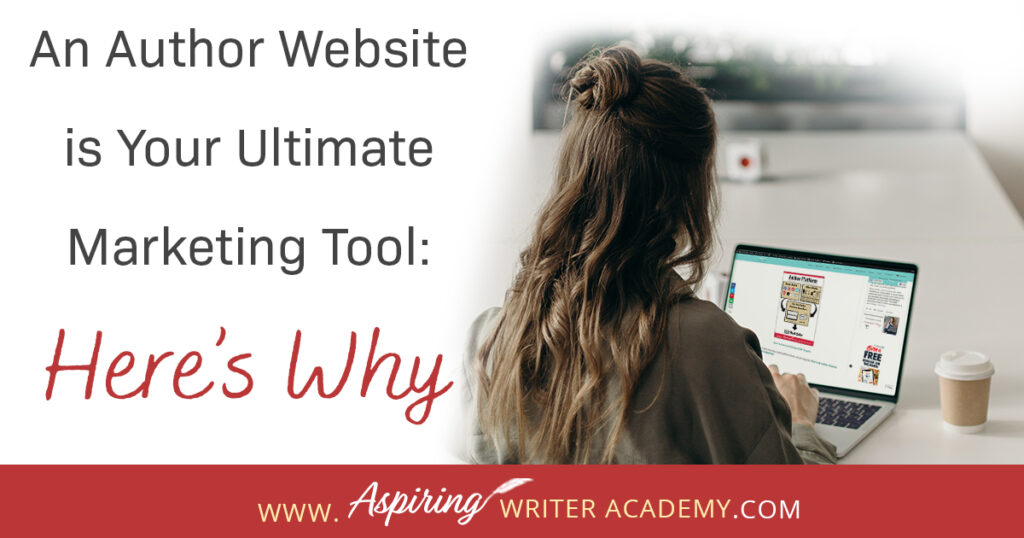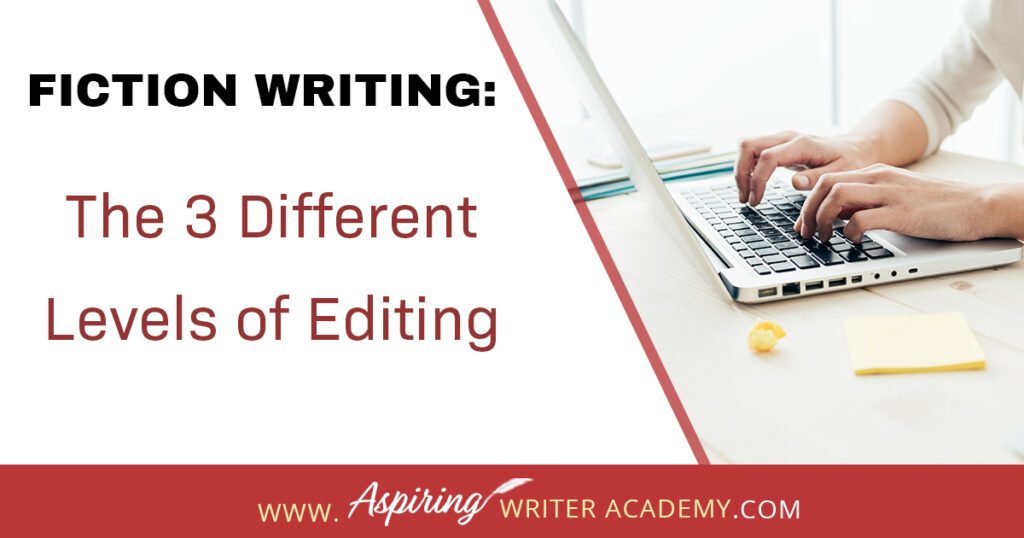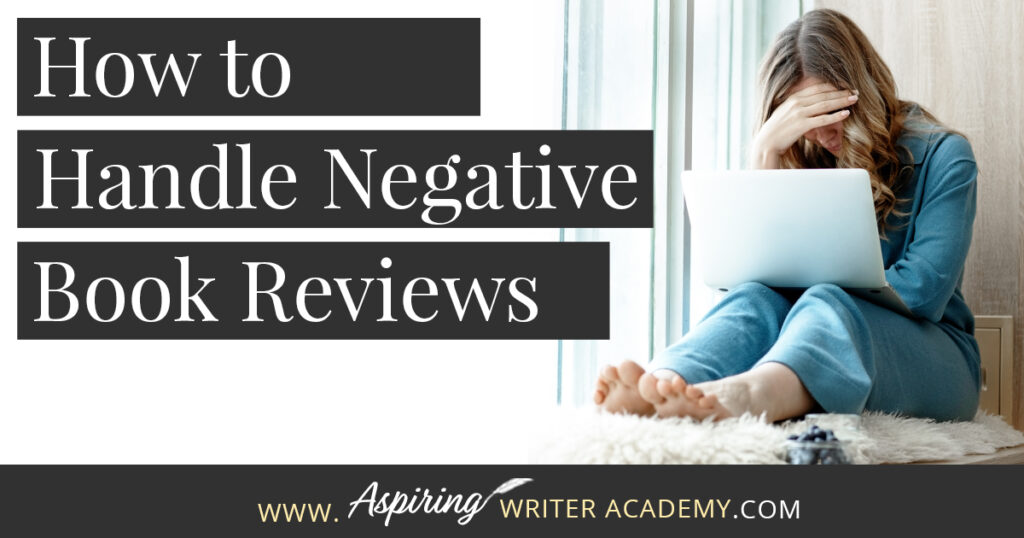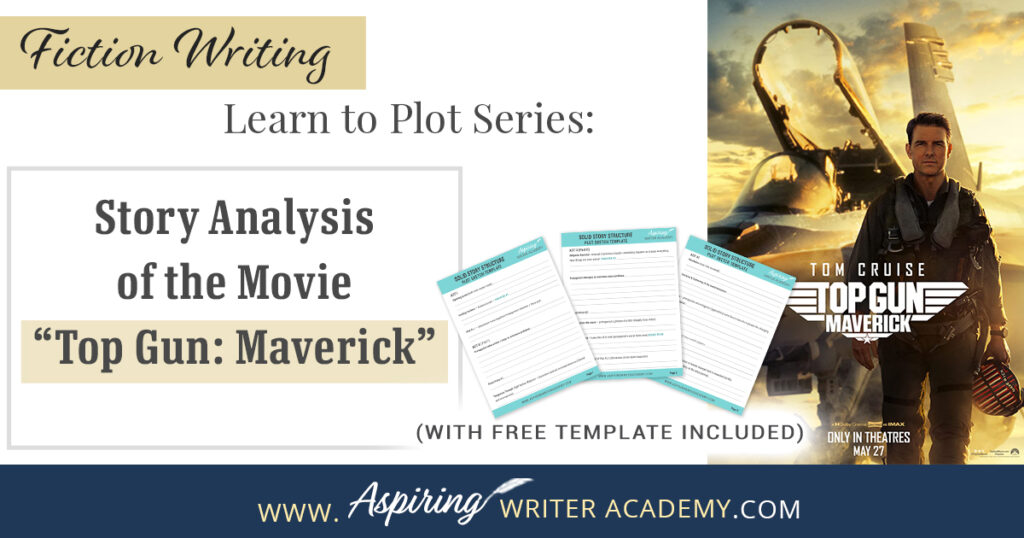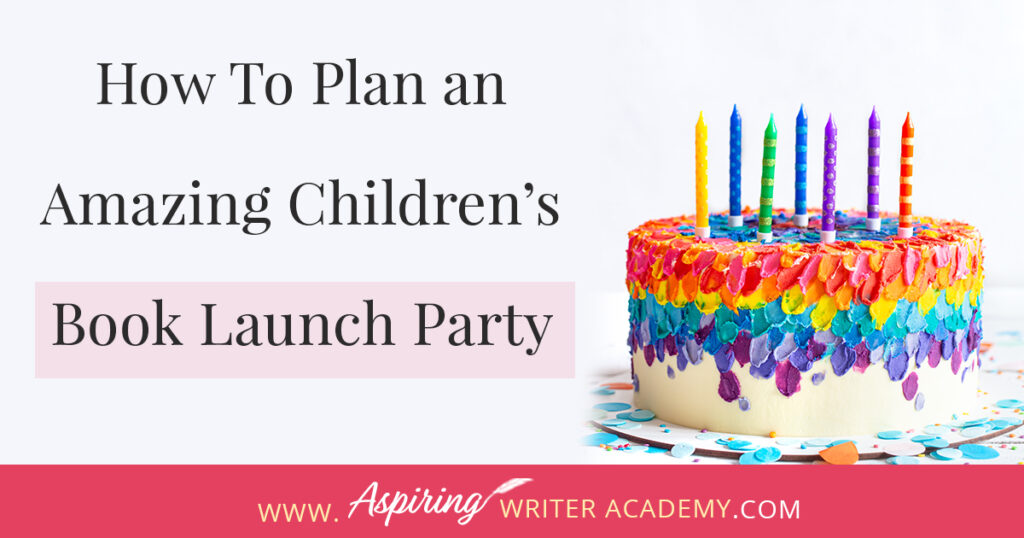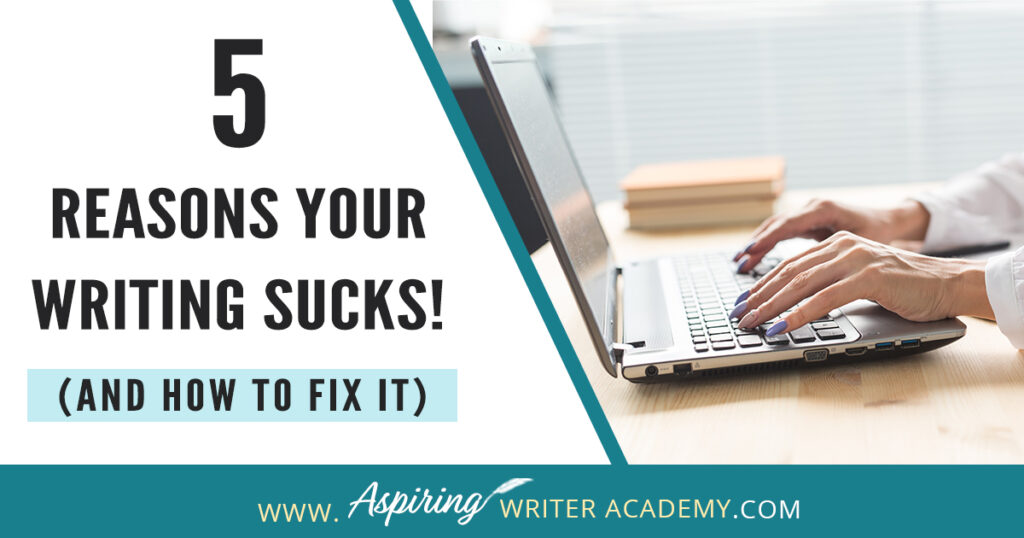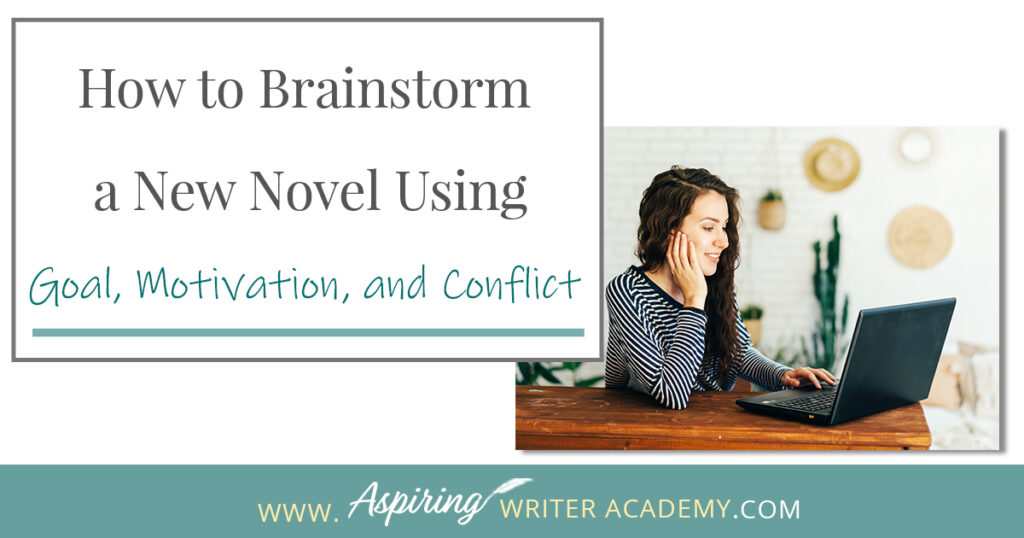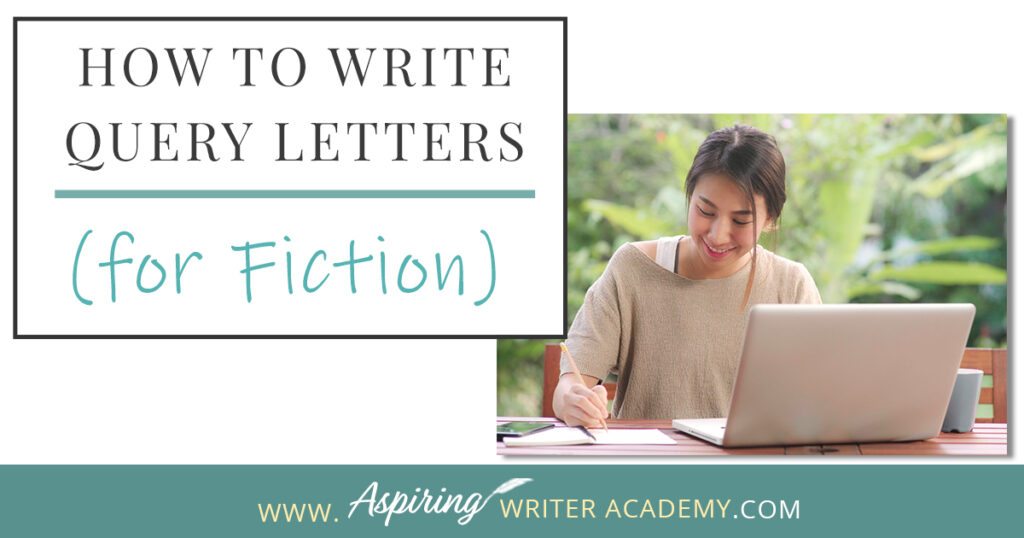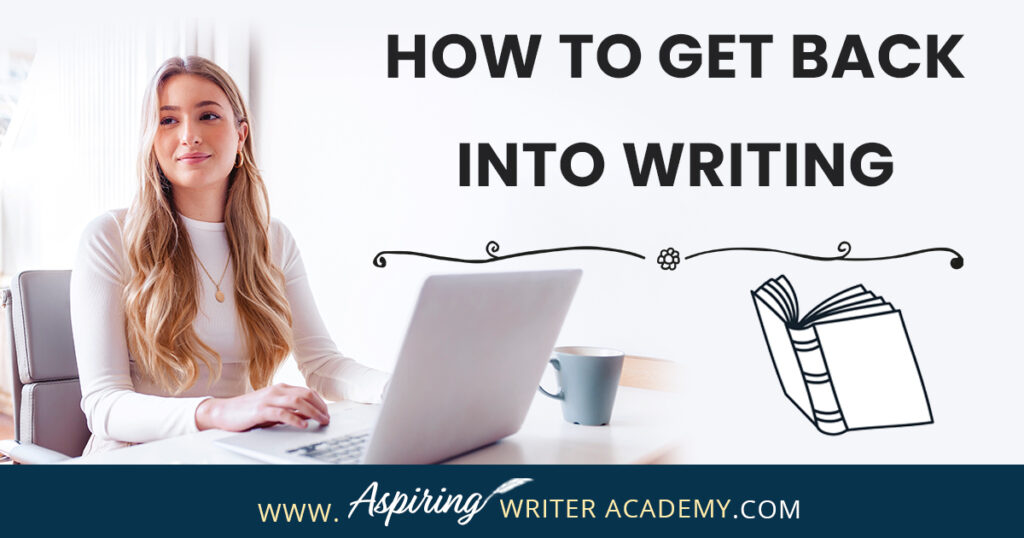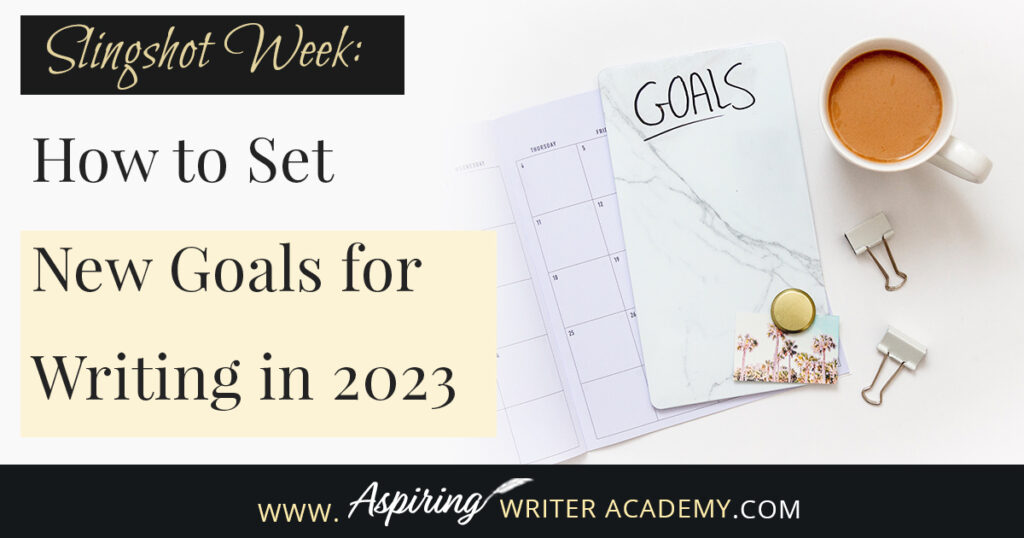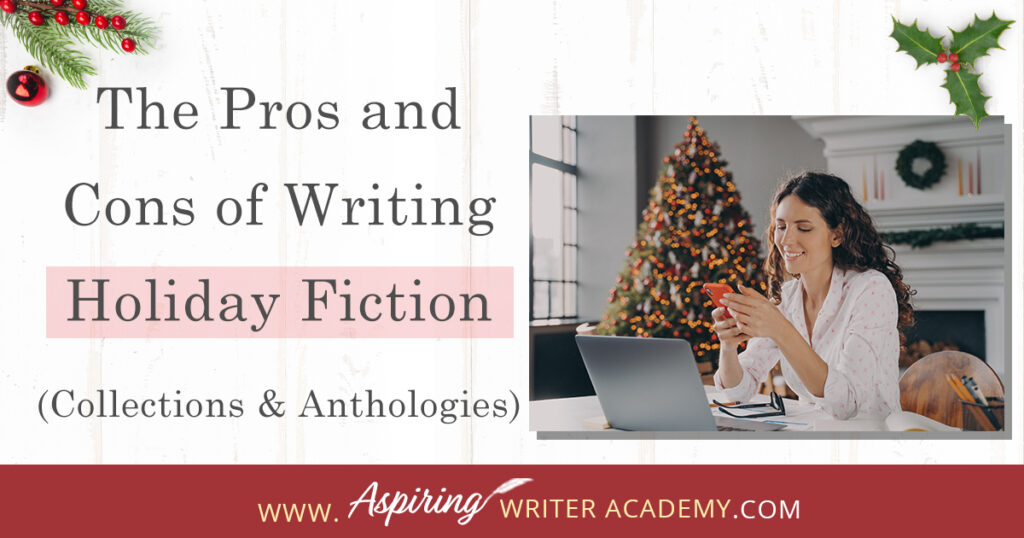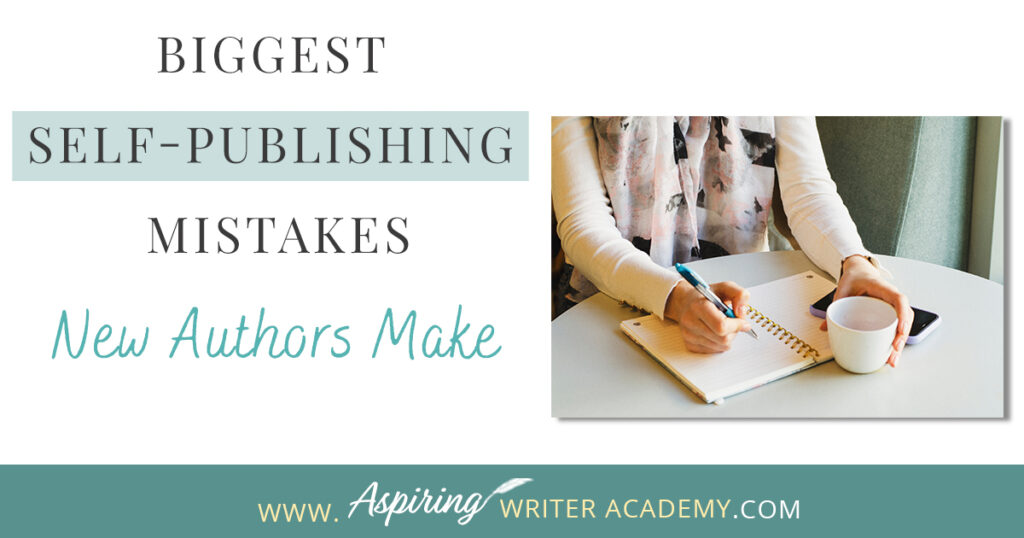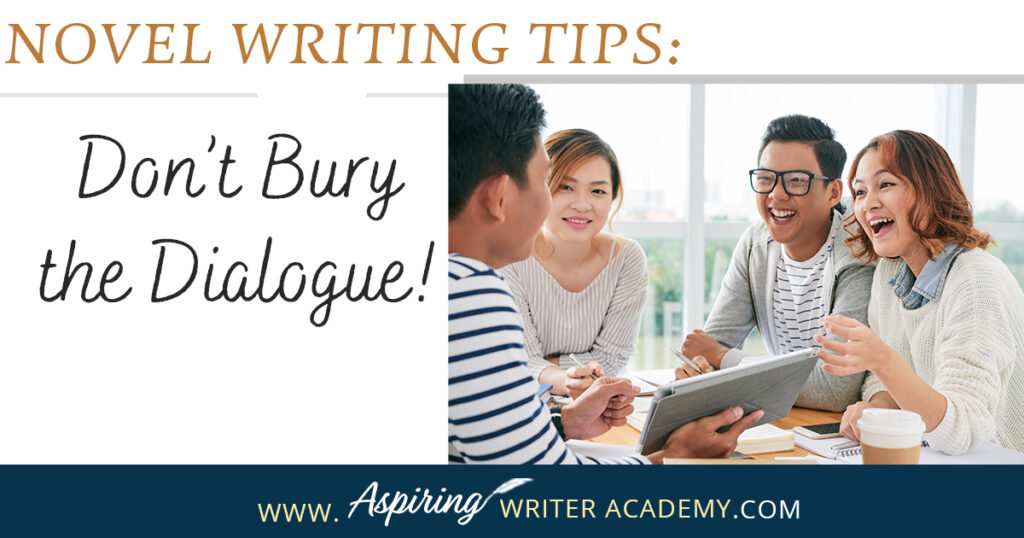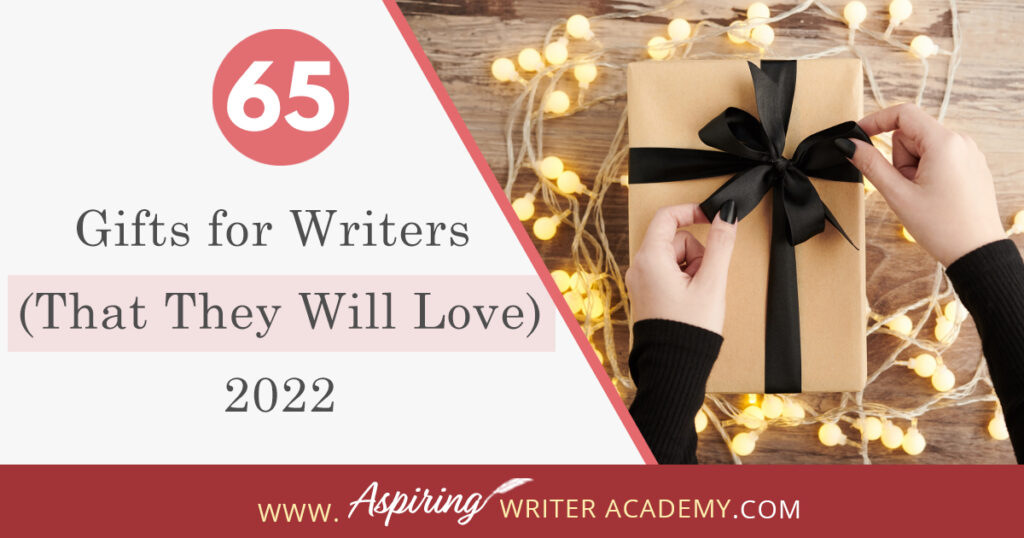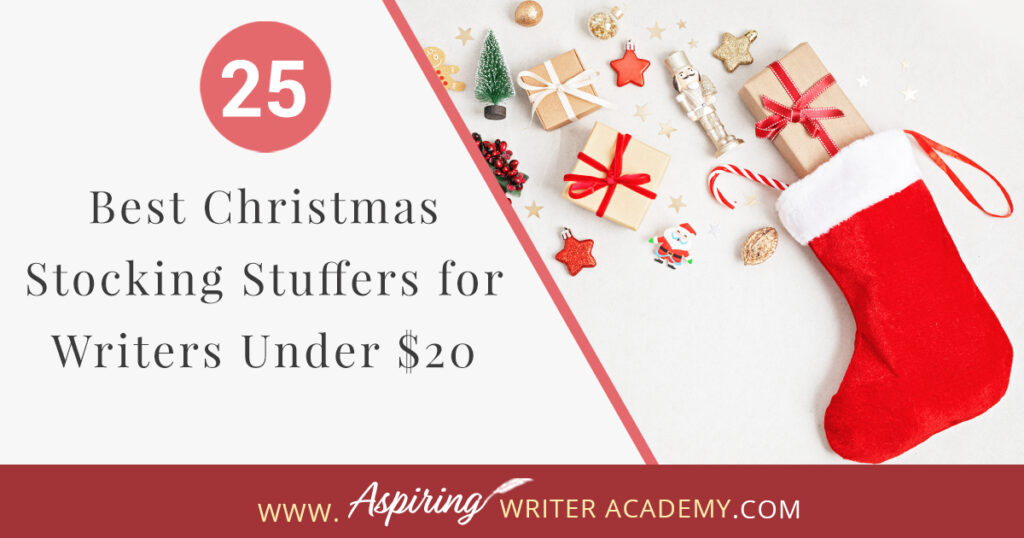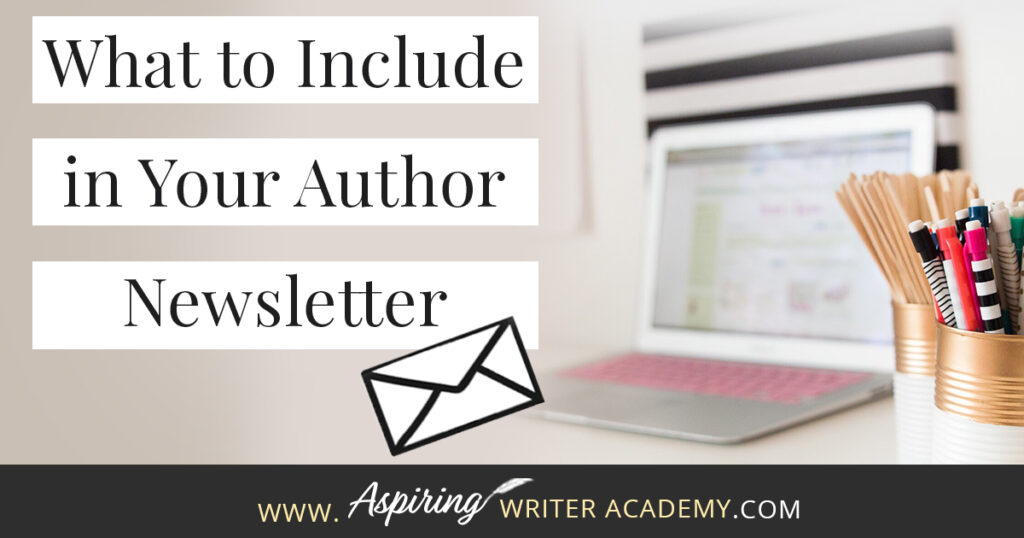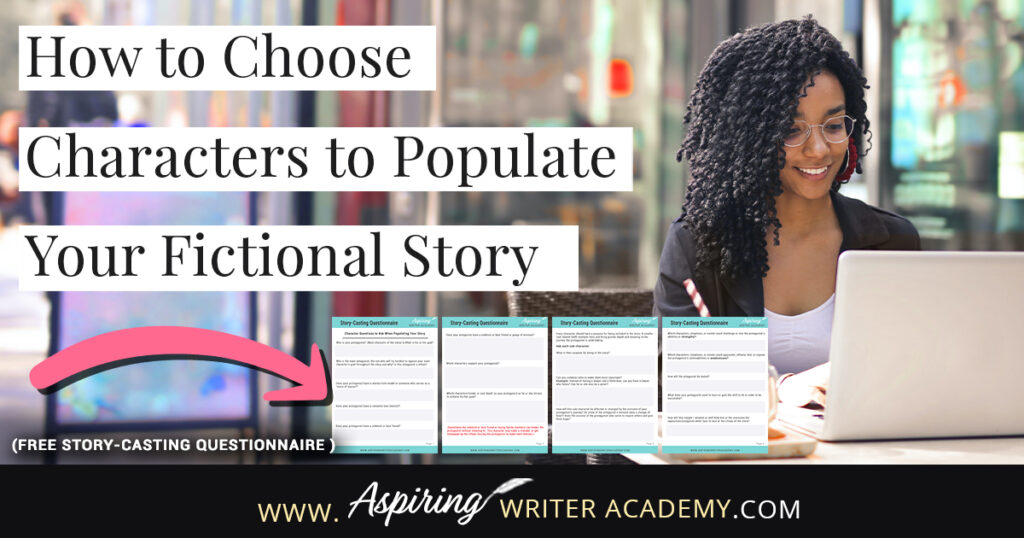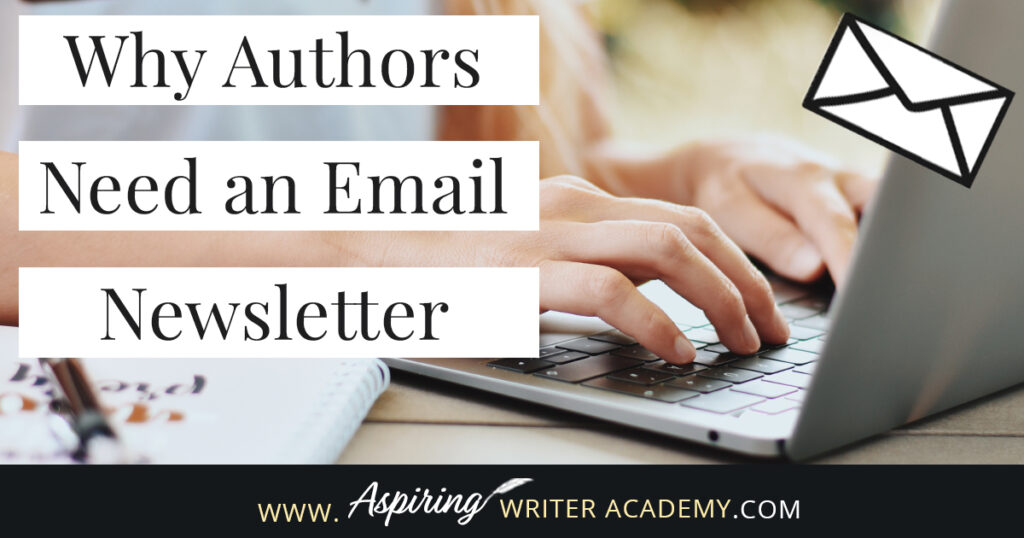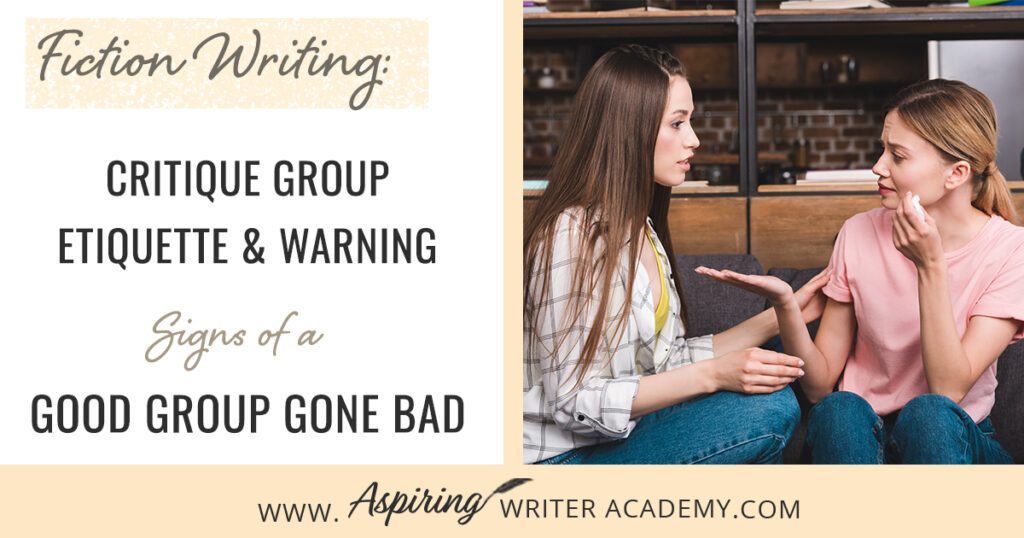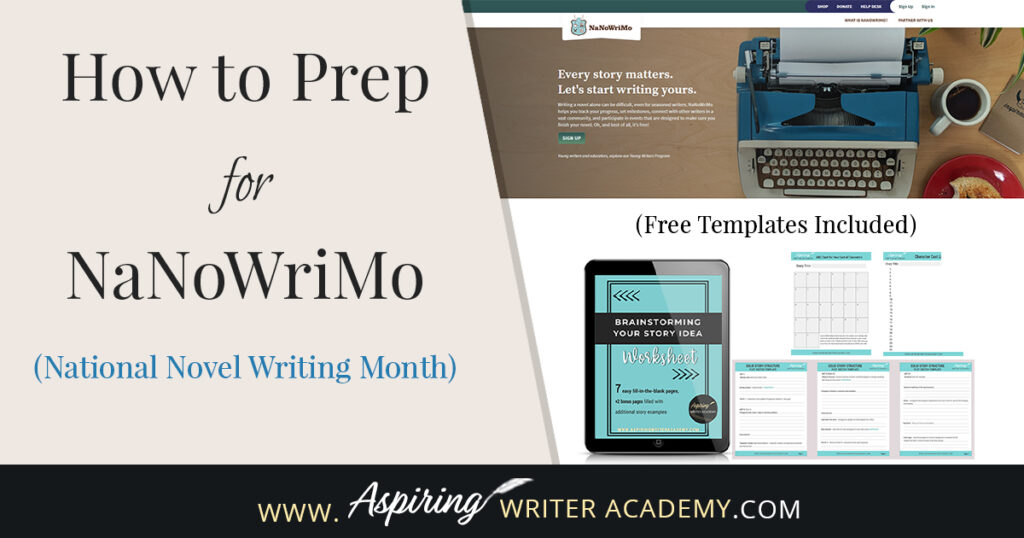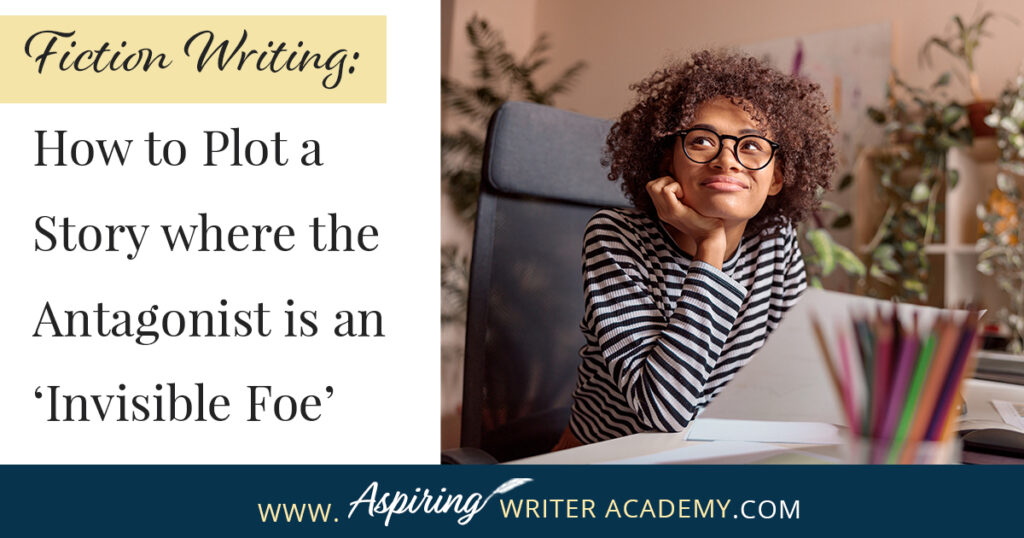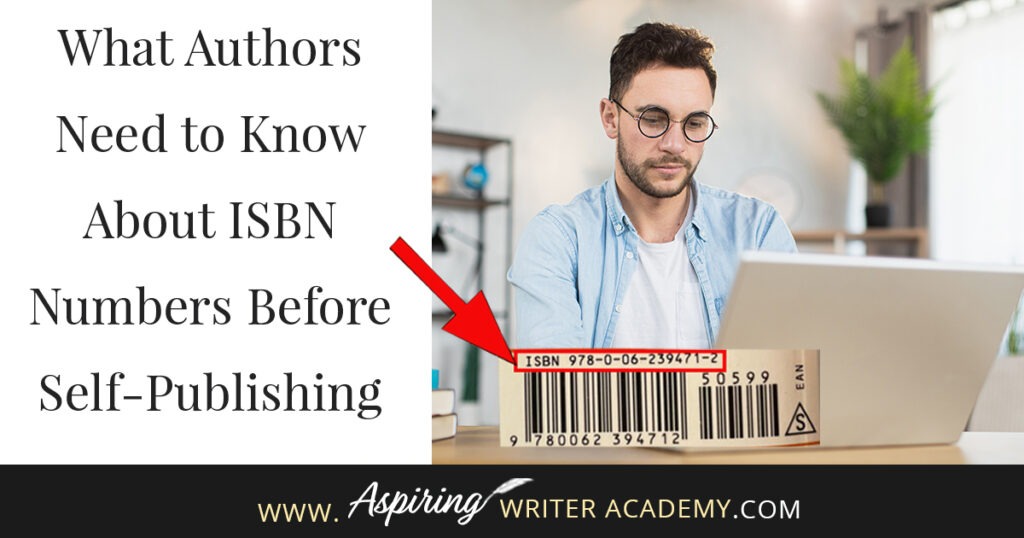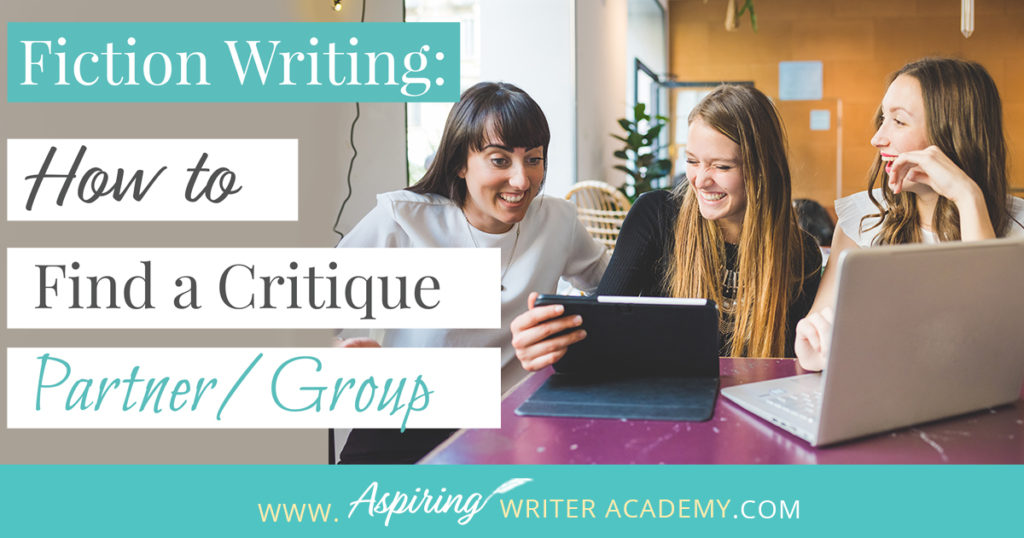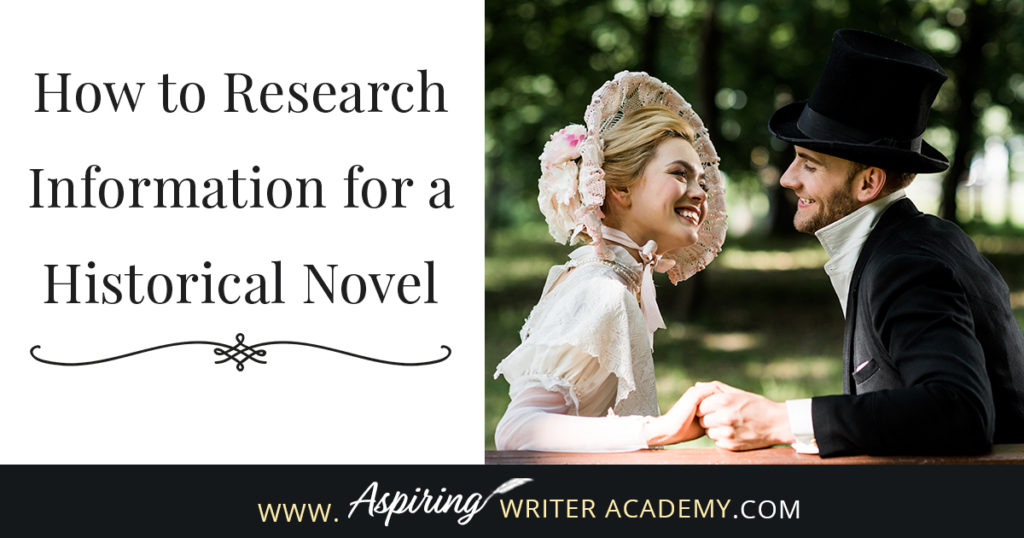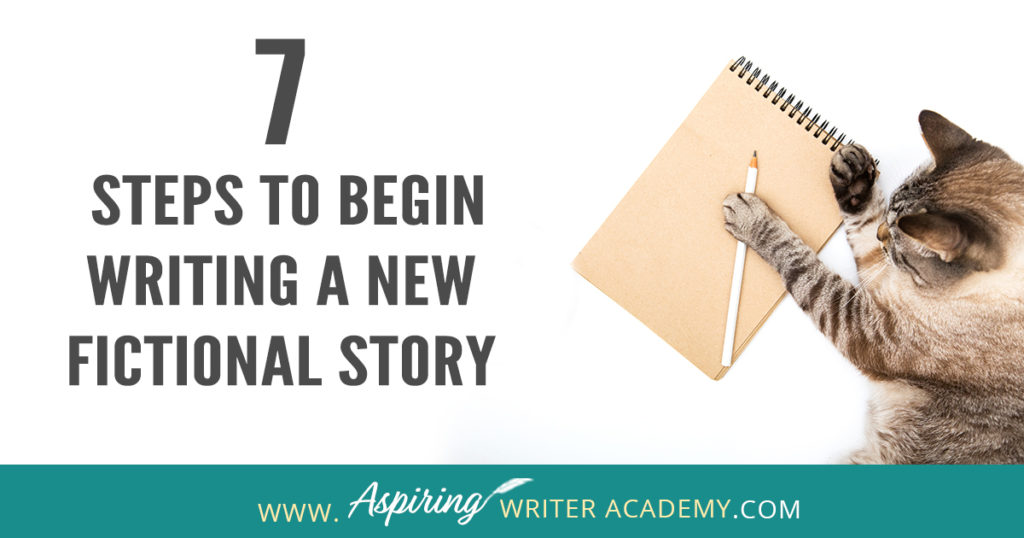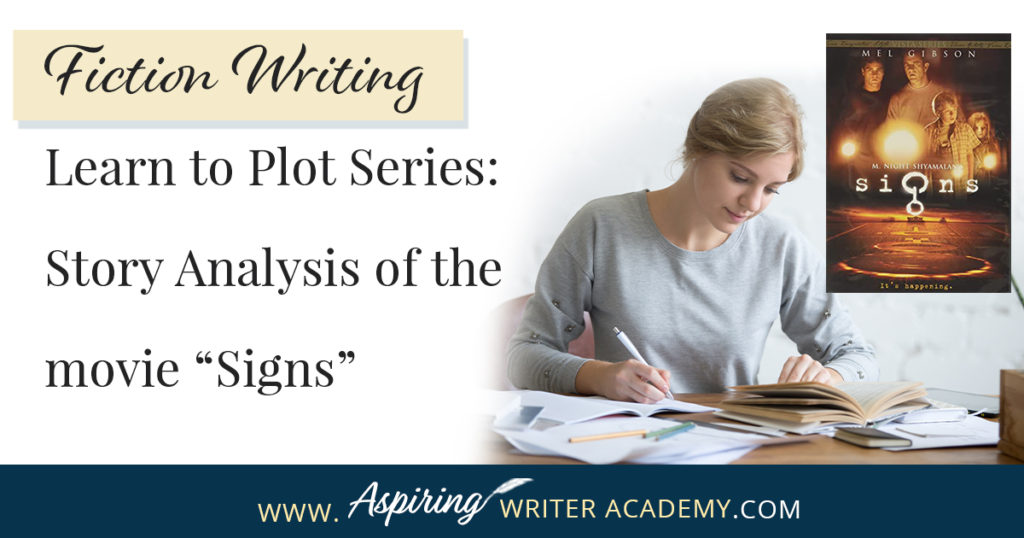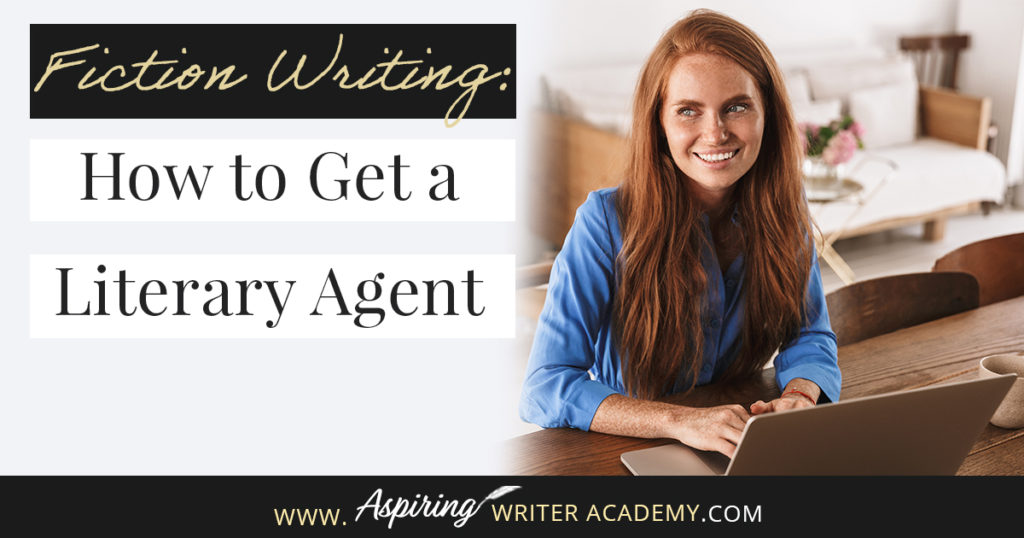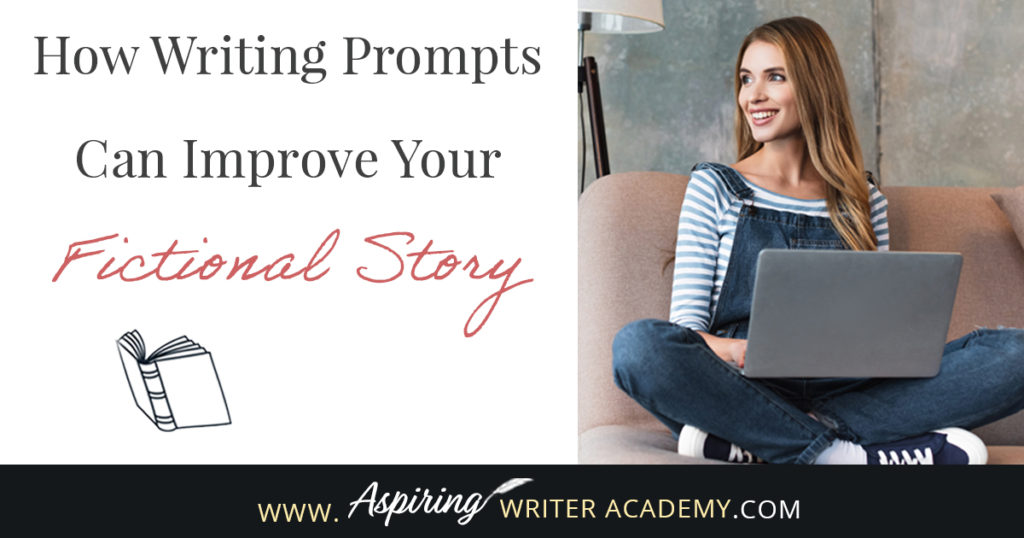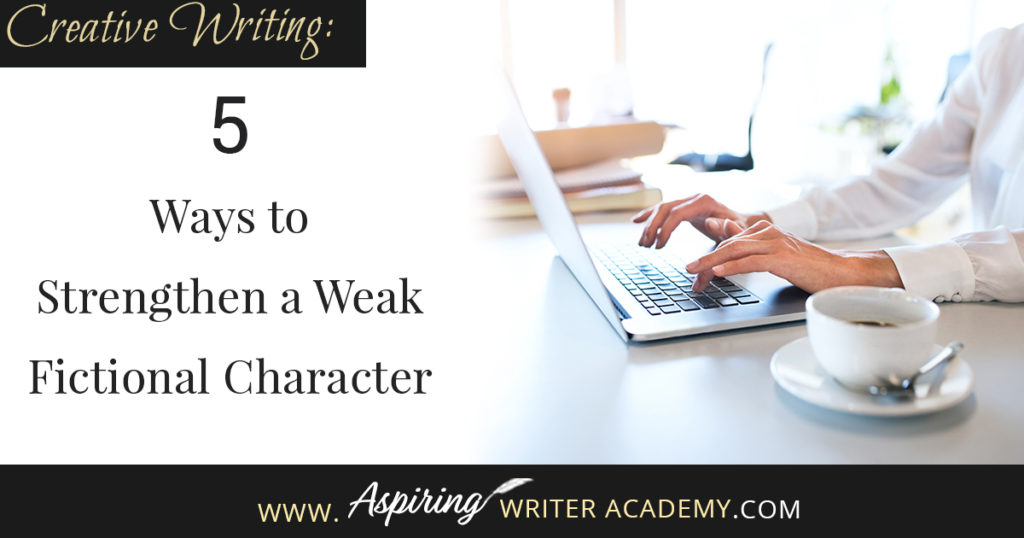The Money-Making Author Mindset: Strategies for Financial Growth and Success for Writers
Mindset is an essential part of building a successful writing career. Without the right mental framework, it is difficult for authors to build a profitable writing career. In our blog post The Money-Making Author Mindset: Strategies for Financial Growth and Success we cover different mindset shifts authors can make to increase book sales and their income.
Read MoreAn Author Website is Your Ultimate Marketing Tool: Here’s Why
In this digital age having a website is a must for authors who want to build their online presence, promote their books, and reach a larger audience. What many authors don’t realize is that an author website can be their ultimate marketing tool. In this article, An Author Website is Your Ultimate Marketing Tool: Here’s Why, we’ll take a look at the key elements of an effective author website. We will cover the benefits of having an author website, what to include in an author website, and tips for designing an effective author website. So, if you’re an author who is ready to take your career to the next level, let’s get started.
Read MoreFiction Writing: The 3 Different Levels of Editing
What is the best way to edit a manuscript? Do you even know where to start? Are you familiar with the difference between revisions, line edits, and copy edits?
In our post, Fiction Writing: 3 Levels of Editing Your Story, we discuss the various phases of editing with checklists to help you get started so you can make your novel the best it can be!
Read MoreHow to Handle Negative Book Reviews
One of the hardest parts of being an author is being hit with negative book reviews. Especially as a new author. Negative book reviews can be absolutely devastating. Authors pour their heart and soul into their books, sometimes spending months or years crafting, writing, and polishing up a story and bad reviews can cut deep. In this article, we’ll discuss How to Handle Negative Book Reviews and how to use them as an opportunity to improve and grow as an author.
Read MoreLearn To Plot Fiction Writing Series: Story Analysis of the Movie “Top Gun: Maverick”
The best way to learn story structure is to analyze good stories. Can you readily identify each plot point in every movie you see or book you read? Or do terms like ‘inciting incident,’ ‘midpoint reversal,’ and ‘black moment’ leave you confused?
In our Learn to Plot Fiction Writing Series: Story Analysis of the movie “Top Gun: Maverick” we will show you how to recognize each element and provide you with a Free Plot Template so you can draft satisfying, high-quality stories of your own.
Read MoreHow To Plan an Amazing Children’s Book Launch Party
One of the best ways to promote and celebrate the release of your new children’s book is by throwing a book launch party. Writing and publishing a book takes tons of hard work and having a book launch party is a fantastic way to celebrate the big achievement. Book launch parties can also help increase book sales, build up hype about your book, and help you build a new audience of readers. In this blog post, we will go over How To Plan an Amazing Children’s Book Launch Party.
Read More5 Reasons Your Writing Sucks! (And How to Fix It)
Have you submitted your manuscript to multiple publishing houses only to receive a slew of rejections? Have the reviewers of your self-published book been less than kind? Do your critique partners suggest your story needs help but do not offer any suggestions on how to fix the problem?
In our post, 5 Reasons Your Writing Sucks! (And How to Fix It), we help you identify areas that may be weak, and list the steps you can take to make your story better.
Read MoreHow to Brainstorm a New Novel Using Goal, Motivation, and Conflict
Looking for a new story idea? Before you can sit down and start writing a work of fiction, you will need to brainstorm three key elements:
– What is your character’s Goal? (What does he want?)
– What is this character’s Motivation? (Why does he want it?)
– What is the Conflict your character will face? (What is stopping him from getting it?)
In our post, How to Brainstorm a New Novel Using Goal, Motivation, and Conflict, we show you how to create a working outline to help get your story started!
Read MoreHow to Write Query Letters (for Fiction)
Do you have a finished novel? Are you interested in pitching your story idea to an agent or editor? The first step is to put together a query letter, the first part of your book proposal. But what goes into a query letter? Do you include a back cover blurb? A list of comparable books?
In How to Write a Query Letter (for Fiction), we discuss line by line each part of a query letter for your best chance of attracting the attention your novel deserves.
Read MoreHow to Get Back into Writing
If you are a writer who meets every deadline and keeps your production schedule flourishing at peak level through holidays, sickness, and other hard, challenging time periods, then my hat is off to you! Great job!
For others, that masterful feat is not so easy.
If you have slacked off from writing for any reason, we hope How to Get Back into Writing can give you a PLAN to get back in the game!
Read MoreSlingshot Week: How to Set New Goals for Writing in 2023
Do you need to recharge after the holidays? Are you looking forward to setting new goals for the coming year? Or at least the next 90 days? The week between Christmas and New Year’s is the perfect time to take a deep breath and reevaluate where you are at in your writing journey and where you want to be.
In Slingshot Week: How to Set New Goals for Writing in 2023 we offer tips on how to use this week to your advantage to help you succeed in the coming year!
Read MoreThe Pros and Cons of Writing Holiday Fiction (Collections & Anthologies)
During the holiday season you have probably seen advertisements for a multitude of ‘Holiday Book Collections.’ Readers love these collections, not just to put them into the holiday spirit, but because they can usually get several stories for a reduced rate. Authors also love these collections because the group promotions can help launch their book onto bestseller lists.
The Pros and Cons of Writing Holiday Fiction (Collections & Anthologies) helps you decide if joining in on a collection is the right choice for you!
Read MoreBiggest Self-Publishing Mistakes New Authors Make
There is a lot to learn about writing and self-publishing. In this blog post, we will cover the Biggest Self-Publishing Mistakes New Authors Make to help you avoid common pitfalls and give your book its best chance of success.
Read MoreNovel Writing Tips: Don’t Bury the Dialogue!
When writing the first draft of a fictional novel, authors may write fast, without giving much thought to format or style issues when it comes to dialogue. However, during the revision phase, it is important to look at each line to ensure the conversations between characters have the greatest impression upon readers.
In Novel Writing Tips: Don’t Bury the Dialogue! we show you how to make your character’s speech stand out for clarity, maximum impact, and stylistic effect.
Read More65 Gifts for Writers (That They Will Love) 2022
Are you struggling to find that perfect gift for the novelist in your life? You are in luck! We have gathered tons of ideas in one place and put together a list of 65 Gifts for Writers (That They Will Love) 2022. We hope that this post will help you find the perfect gift for writers, editors, and critique partners.
Read More25 Best Christmas Stocking Stuffers for Writers Under $20
Are you struggling to find fun Christmas stocking stuffers for the writer in your life? If you need ideas and inspiration for gifts while sticking to a budget, you are in luck! We have gathered a list of the 25 Best Christmas Stocking Stuffers for Writers Under $20. We hope that this list can help you get ahead of the holiday season and help you find unique and creative stocking stuffers that a writer, editor, or critique partner will absolutely love.
Read MoreWhat to Include in Your Author Newsletter
As an author, you have probably heard that you need an email list to market your books. You may have signed up for an email mailing list service and are ready to craft your first newsletter, except while staring at the blank page, you have no idea what to do. What should you write? What do readers want to hear about? In this post, we will help you brainstorm What to Include in Your Author Newsletter.
Read MoreHow to Choose Characters to Populate Your Fictional Story
When starting to write a novel, what do you do first? Create characters or a story idea? It’s kind of like the infamous chicken and the egg question. Starting either way can be fine. But at some point, you need to figure out—who are going to be the characters in this story?
In How to Choose Characters to Populate Your Fictional Story, we discuss the different roles characters can play to create a story readers will love. Free Story-Casting Questionnaire included.
Read MoreWhy Authors Need an Email Newsletter
As a new author, you may be wondering if you actually need an author newsletter. Why not only use social media and ads? Are email lists truly worth it? In this post, we will cover Why Authors Need an Email Newsletter and how you can utilize your email list to sell more books.
Read MoreFiction Writing: Critique Group Etiquette & Warning Signs of a Good Group Gone Bad
Are you looking to join a critique group and wonder if it will be the right fit for you?
Or have you been in a critique group for a while, but doubt whether the feedback is helpful?
Worse, are you a writer who has suddenly found themselves stuck in a toxic critique group due to changes within the group dynamic?
In Fiction Writing: Critique Group Etiquette & Warning Signs of a Good Group Gone Bad, we discuss the good, the bad, and the ugly to help you get the best feedback on your work.
How to Prep for NaNoWriMo (National Novel Writing Month)
During the month of November, thousands of writers will attempt to write a 50,000-word novel in 30 days. But what exactly is NaNoWriMo and where can you sign up? Can someone really write a novel in 30 days? How can an aspiring writer prepare for such an endeavor both personally and professionally?
In our post, How to Prep for NaNoWriMo (National Novel Writing Month), we discuss the basics of the free challenge as well as helpful tips to make your new writing project a success.
Read MoreFiction Writing: How to Plot a Story where the Antagonist is an ‘Invisible Foe’
Plotting a fictional novel may seem easy when the antagonist your main character is fighting against is a formidable person or a savage shark or beast. But what if the opposition in your story is a force of nature like an approaching storm, or if the storm is within the mind of your main character, or perhaps in the shape of a horrific disease?
See how we break down the structure for such stories step by step in Fiction Writing: How to Plot a Story where the Antagonist is an ‘Invisible Foe’.
Read MoreWhat Authors Need to Know About ISBN Numbers Before Self-Publishing
As a new writer, you may have heard the term ISBN used frequently in the publishing world but you may be wondering, what is it? In our blog post What Authors Need to Know About ISBN Numbers Before Self-Publishing, we will cover exactly what every author needs to know about ISBNs, including why they are used, how much they cost, and where to get one for your books.
Read MoreFiction Writing: How to Find a Critique Partner/Group
Do you have someone you trust to critique your work and give you valuable feedback? Someone who can point out inconsistencies with point-of-view, make suggestions for plot points, and offer tips to strengthen character motivation?
In our post, Fiction Writing: How to Find a Critique Partner/Group, we discuss how to connect with others, various ways a critique group can be run, and other considerations to ensure you bring out the best in each other’s writing!
Read MoreHow to Research Information for a Historical Novel
If you are interested in writing historical fiction, you may be wondering—how do you research a historical era? Where do you go to learn about the customs, currency, weapons, mode of transportation, style of dress? What kind of names, food dishes, or jobs were popular back then? Are there websites with this information?
In our post, How to Research Information for a Historical Novel, we give you several valuable resources to find the information you need to write a realistic, historical tale!
Read More7 Steps to Begin Writing a New Fictional Story
Are you interested in writing a fictional story but do not know where to begin? Do you start with characters, setting, research, or a plot? How do you create deadlines or calculate wordcount? How do you break an idea down into chapters and scenes? How do you set up a working manuscript?
Do you wish you could see how a published author prepares to write a new book? Follow along as we discuss the 7 Steps to Begin Writing a New Fictional Story so you can start writing your own story with ease.
Learn to Plot Fiction Writing Series: Story Analysis of the movie “Signs”
The best way to learn story structure is to analyze good stories. Can you readily identify each plot point in every movie you see or book you read? Or do terms like ‘inciting incident,’ ‘midpoint reversal,’ and ‘black moment’ leave you confused?
In our Learn to Plot Fiction Writing Series: Story Analysis of the movie “Signs” we will show you how to recognize each element and provide you with a Free Plot Template so you can draft satisfying, high-quality stories of your own.
Read MoreFiction Writing: How to Get a Literary Agent
If you have finished your first novel, you may be thinking about publication and how to acquire a literary agent. But are you truly ready to pitch to an agent? Do you have a website and a thriving social media platform? Have you researched which agents accept manuscripts in your genre? Do you know how to put together a book proposal?
In our post, Fiction Writing: How to Get a Literary Agent, we discuss each step you should take when seeking representation for your finished novel.
How Writing Prompts Can Improve Your Fictional Story
Some writers may love writing prompts while others think they are a waste of valuable time. Time better spent working on their story.
But what if a few quick specific writing prompt sessions could help you brainstorm plot holes, deepen point-of-view, sketch upcoming scenes, and supercharge character dialogue?
In How Writing Prompts Can Improve Your Fictional Story, we show how these fast sprints can boost motivation, improve writing skills, and enhance your fictional novel.
Read MoreCreative Writing: 5 Ways to Strengthen a Weak Fictional Character
Do you have trouble writing strong fictional characters?
Perhaps you have been told that your protagonist or antagonist or a sub-character is weak, that they need more motivation. Perhaps the character doesn’t have a strong enough story goal, or enough personality or maybe the character isn’t actively driving the story forward.
How can you “fix” a weak character and make him worthy? Follow along as we discuss, Creative Writing: 5 Ways to Strengthen a Weak Fictional Character in the post below.
Read More